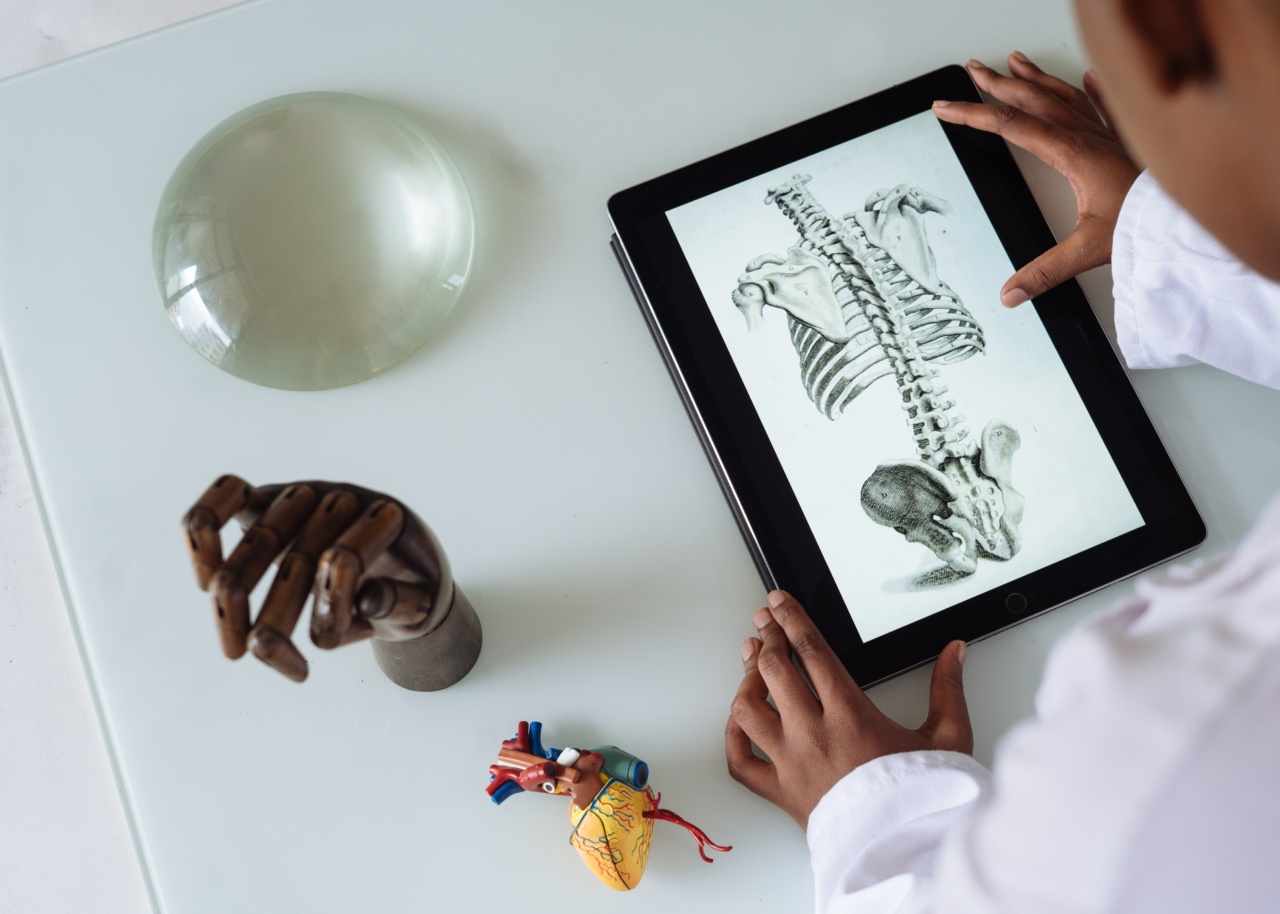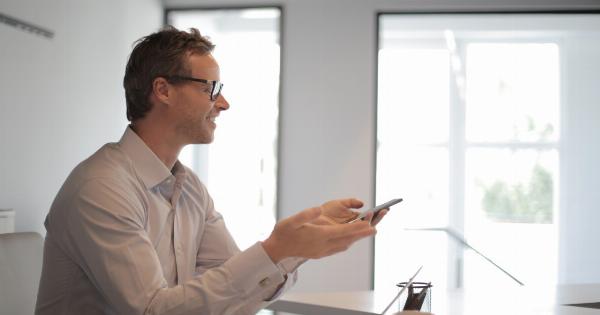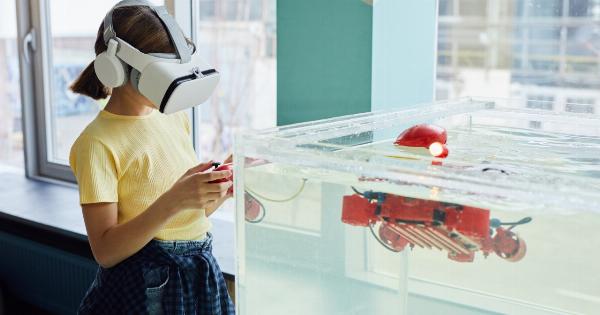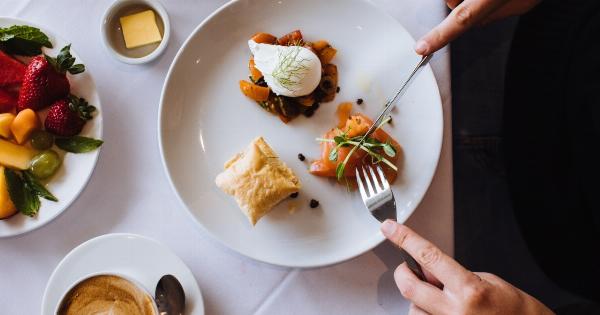Cooking has come a long way since the days when our ancestors cooked over an open fire. Today, technology has made cooking easier, more efficient, and more accessible. With the rise of the Internet, online cooking has become increasingly popular.
In this article, we’ll delve into the science behind online cooking, and explore how technology and the Internet have changed the way we cook, learn, and share our recipes.
What Is Online Cooking?
Online cooking refers to the use of the Internet to access recipes, cooking tips, and cooking demonstrations. Online cooking can take many forms, from watching video tutorials, to reading blogs, to participating in cooking classes online.
Online cooking has become a popular way to learn new skills, explore new cuisines, and connect with other food enthusiasts.
The Advantages of Online Cooking
One of the biggest advantages of online cooking is accessibility. With the Internet, anyone can access a vast array of recipes from around the world.
Online cooking also allows cooks to learn at their own pace, and to tailor their learning experience to their specific needs and interests.
Another advantage of online cooking is the ability to share recipes and cooking tips with others.
Through social media platforms like Facebook and Instagram, cooks can share their creations with a wider audience, and connect with others who share their passion for food.
The Science of Online Cooking
Online cooking is not just about accessing recipes and cooking tips. It’s also about the science of cooking.
In fact, many online cooking resources focus on the science of cooking, exploring the chemical and physical changes that occur during cooking, and how these changes affect the taste and texture of our food.
One of the most important scientific principles in cooking is heat transfer. Heat transfer occurs when heat moves from a hotter object (like a stove) to a cooler object (like a pot of soup).
Different cooking methods rely on different types of heat transfer, such as convection, radiation, or conduction.
Another important scientific principle in cooking is food chemistry. Food chemistry explores the chemical reactions that occur during cooking, such as the Maillard reaction, which gives food its browned, crispy exterior.
The Role of Technology in Online Cooking
Technology has played a key role in the rise of online cooking. From smartphones to smart ovens, technology has made cooking faster, easier, and more precise.
Smart cooking devices like the Instant Pot or the Joule Sous Vide allow cooks to set their desired temperature and cooking time, and let the device do the rest.
Smartphone apps like Yummly or Tasty allow users to search for recipes, save their favorite recipes, and create shopping lists. These apps also offer cooking tutorials, tips, and tricks, and allow users to share their own recipes and photos.
The Impact of Online Cooking on the Food Industry
The rise of online cooking has also had a significant impact on the food industry.
With the rise of food blogs, YouTube channels, and social media influencers, traditional food media outlets like cookbooks and magazines have had to adapt to the changing landscape.
Today, many food companies use online cooking as a marketing tool, partnering with social media influencers to promote their products and create recipes using their ingredients. This has led to a rise in sponsored content in the online cooking world.
The Future of Online Cooking
As technology continues to evolve, online cooking is likely to continue to grow and evolve as well. One area of growth is likely to be the use of virtual reality (VR) and augmented reality (AR) in online cooking.
VR and AR allow users to experience cooking in a virtual environment, and may allow chefs to create and test recipes more easily.
Another area of growth is likely to be the use of artificial intelligence (AI) in online cooking. AI can be used to create personalized recipe recommendations based on a user’s dietary preferences and cooking habits.
Conclusion
Online cooking has revolutionized the way we learn, cook, and share our favorite recipes. From the science of cooking to the role of technology, online cooking is constantly evolving and changing the way we think about food.
As we look to the future, it’s clear that online cooking will continue to shape the way we eat and cook for years to come.





























